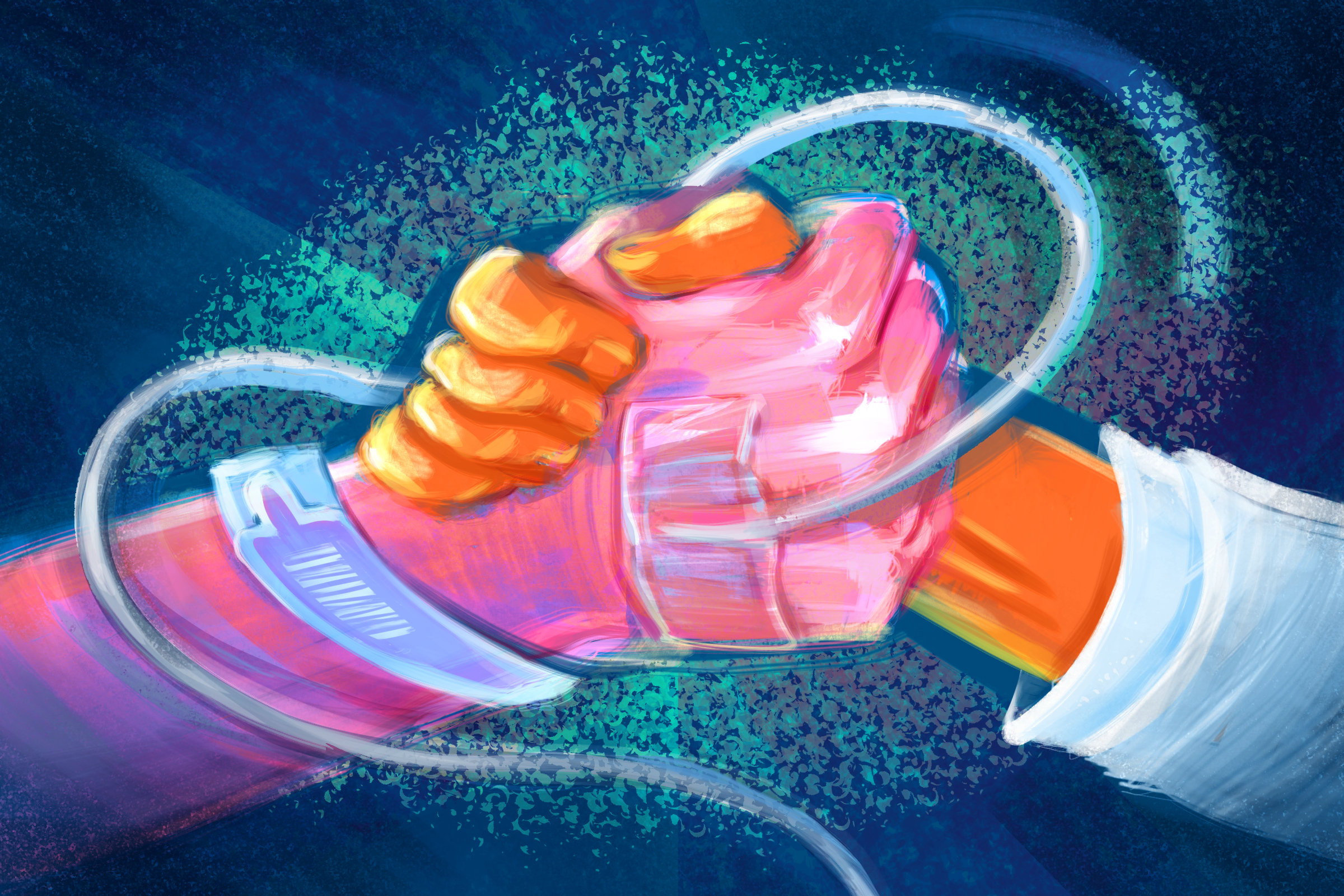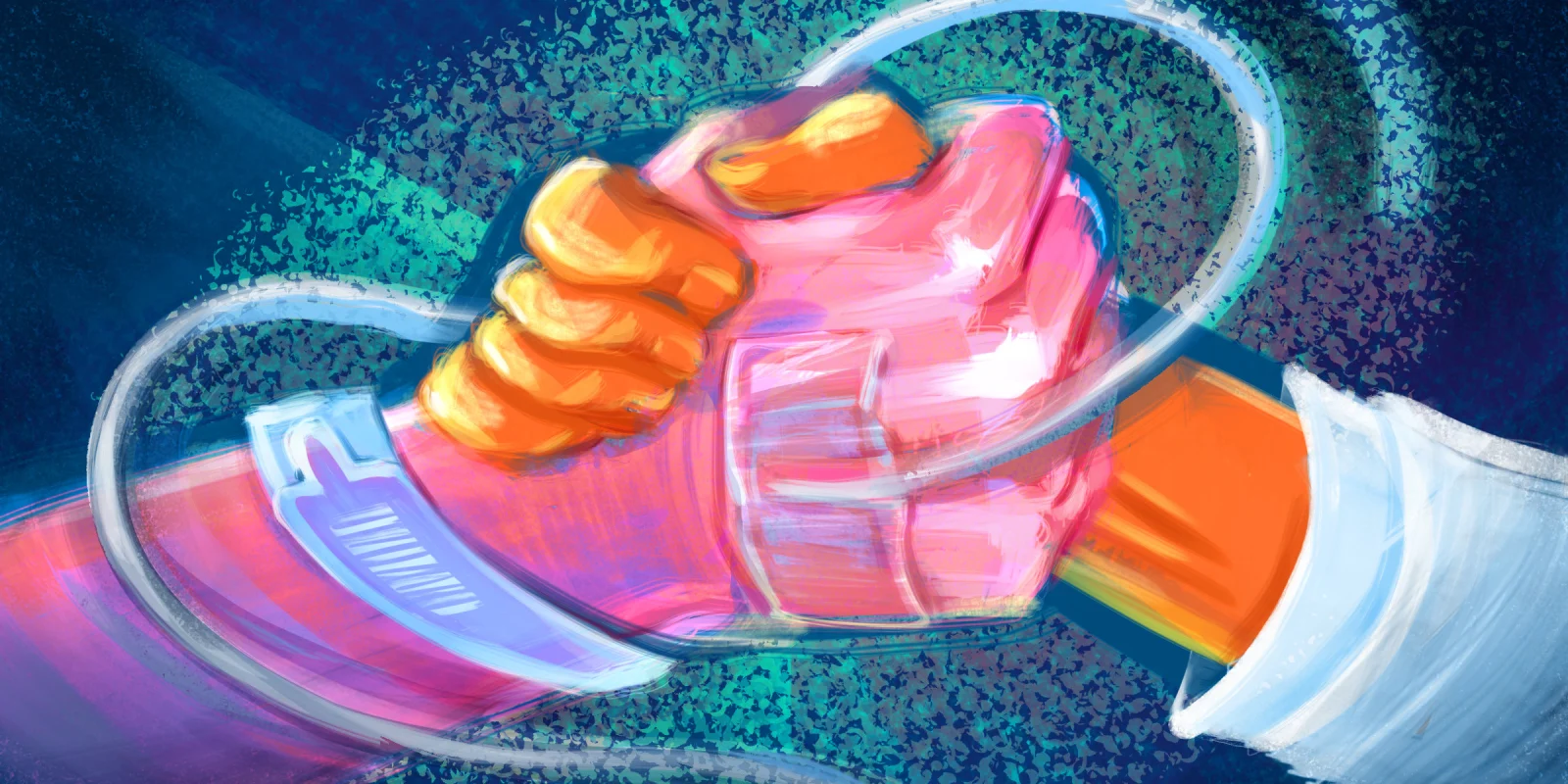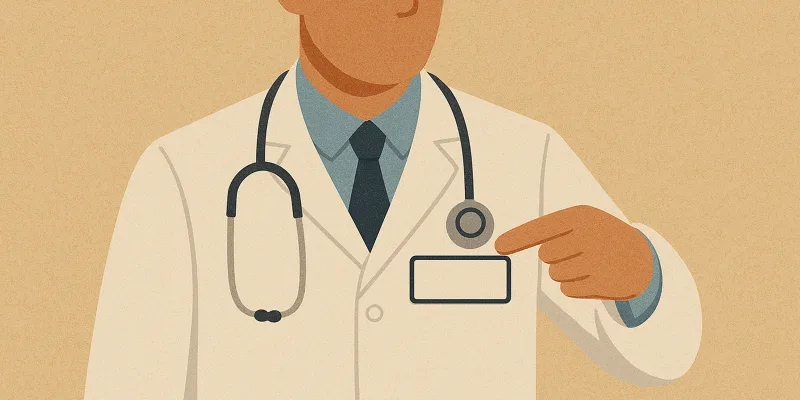
Through my many years of doctoring, I must have seen thousands of patients. I only remember a few. The ones that I liked. The ones who taught me and made me grow. The ones that made me the doctor I am today.
I was still a junior resident when I saw an old black man for a lump at the base of his neck. I didn’t know what it was and ultrasounding it didn’t help.
I spoke to my attending. “Whatever it is, it’s an outpatient workup. Send him home,” he said.
I had no choice. I sent him home without treatment or diagnosis. He didn’t mind. He gave me a toothless smile and said: “You really enjoy what you’re doing, don’t you?”
I did. I didn’t think he’d care, or even notice. But he had. He wanted to see me again if he came back. There was no way, of course. In the ER, you see whoever is there, and I never saw him again. He taught me my first lesson: that people need you to care about them. What mattered most for him was that I enjoyed caring for him.
As my mentor, Dr. Greg Henry, said: “People don’t care how much you know until they know how much you care.”
I was a brand new attending when I took care of this septic little old lady. She needed a central line. I struggled. By the time it was in, I’d given her a pneumothorax, and she needed a chest tube. I was devastated. I felt like the worst doctor in the world and I didn’t want to see another patient. Ever. My colleague saw me seething.
“What’s wrong?”
I told him. He laughed.
“Did you get in the central line?”
“Yes.”
“Did you get in the chest tube?”
“Yes.”
“So, why are you so upset?”
“I caused her unnecessary pain and suffering. If I were a better doctor, she wouldn’t have needed the chest tube.”
“A pneumothorax is a well-known complication of central lines. If you never caused one, you didn’t put in enough central lines.”
That helped. I went to see my other patients. My patient eventually left the hospital alive. I still remember her, 15 years later, because of what our encounter taught me.
Lesson #2: Mistakes happen. They don’t feel good, but you can’t focus on that. Learn your lesson and move on. Care for your patients, even if you make mistakes.
The next case I remember wasn’t that long ago. The patient, a man in his 40s, was DOA. He came in as a trauma code, “crushed by a refrigerator.” We coded him for an hour — no return of spontaneous circulation. By the time his wife and children arrived, we had stopped.
Four of the kids stayed outside. The wife came in with the oldest, an 8-year-old. She was with her father when he opened the refrigerator door to get a beer and collapsed, pulling the refrigerator over him.
They were alone at home. She tried to push the refrigerator away, but it was too heavy. She ran to the neighbors to get help, half a mile, barefoot in the snow. The neighbors called 911. They took her father. She waited for her mother to return, then they all came to the ER.
The mother was distraught. She cried, she screamed, she cursed her dead husband. It was his fault: his smoking, his drinking, his lack of medical care.
The child listened, her eyes wide and dry, glancing from her mother to her father. She was a tiny little thing with a low, greasy ponytail, and clothes that could do with some washing. She shouldn’t have watched her father’s death, nor her mother’s pain, anger, and cursing. But she had, and I couldn’t help it.
The one thing I could do was to recognize her heroic effort to save her father. I thanked her for what she had done. I told her that nobody could have saved her father. I didn’t want her to feel guilty for the rest of her life, thinking that if she only managed to get that refrigerator off her father, he’d still be alive. Nobody could have done better — not even me.
Her mother heard. She turned to her daughter and hugged her, and the child started to cry. I’ll never forget this little girl and her mother.
Lesson #3: Sometimes you can’t help the patient. But, as a physician, you’re there for whoever is in pain, whoever suffers, whoever needs you.
Rada Jones, MD is an Emergency Physician in Upstate NY, where she lives with her husband, Steve and his black deaf cat Paxil. She authored two ER thrillers: OVERDOSE and MERCY. Find more at RadaJonesMD.com. Dr. Jones is a 2019-2020 Doximity Fellow.
Illustration by April Brust







